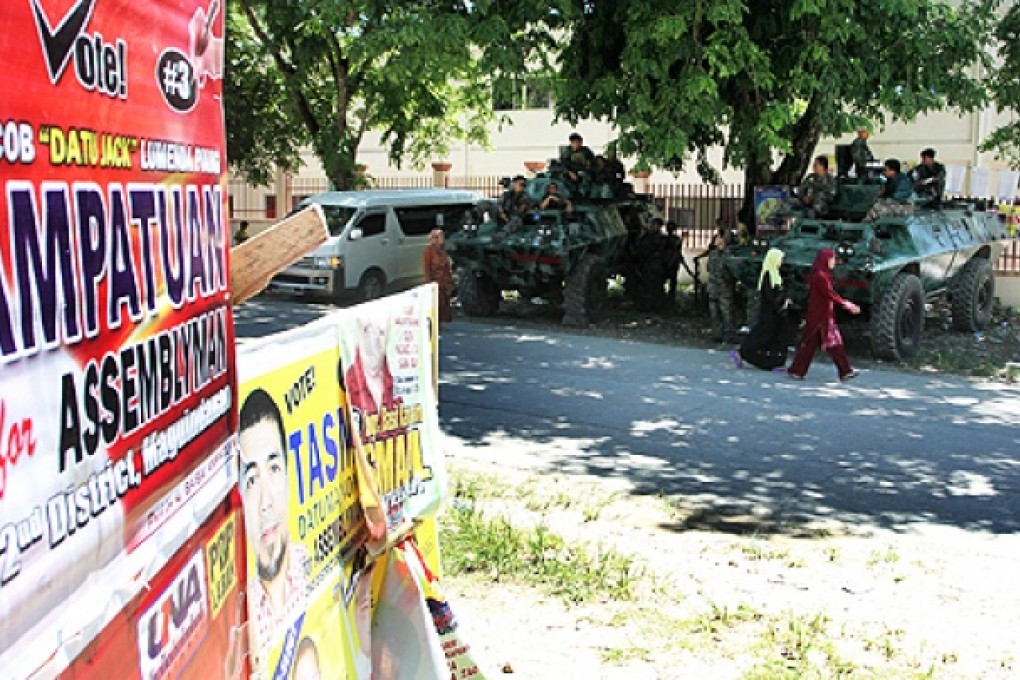
A clan whose chiefs are on trial for the Philippines’ worst political massacre secured big wins in local elections this week, results showed on Friday, deepening fears that justice may never be served.
Leaders of the Ampatuan family and their gunmen are accused of massacring 58 people, including 32 journalists, in the southern province of Maguindanao more than three years ago in a bid to quash a rival’s challenge to become governor.
Wives of three senior clan figures who are on trial for the murders were re-elected for town mayor posts in Maguindanao in Monday’s mid-term elections, according to the official results website.
At least 16 other members of the Ampatuan family were elected or re-elected as town mayors, vice mayors and councillors in the province, according to the Commission on Elections website.
The Ampatuans deny all charges against them.